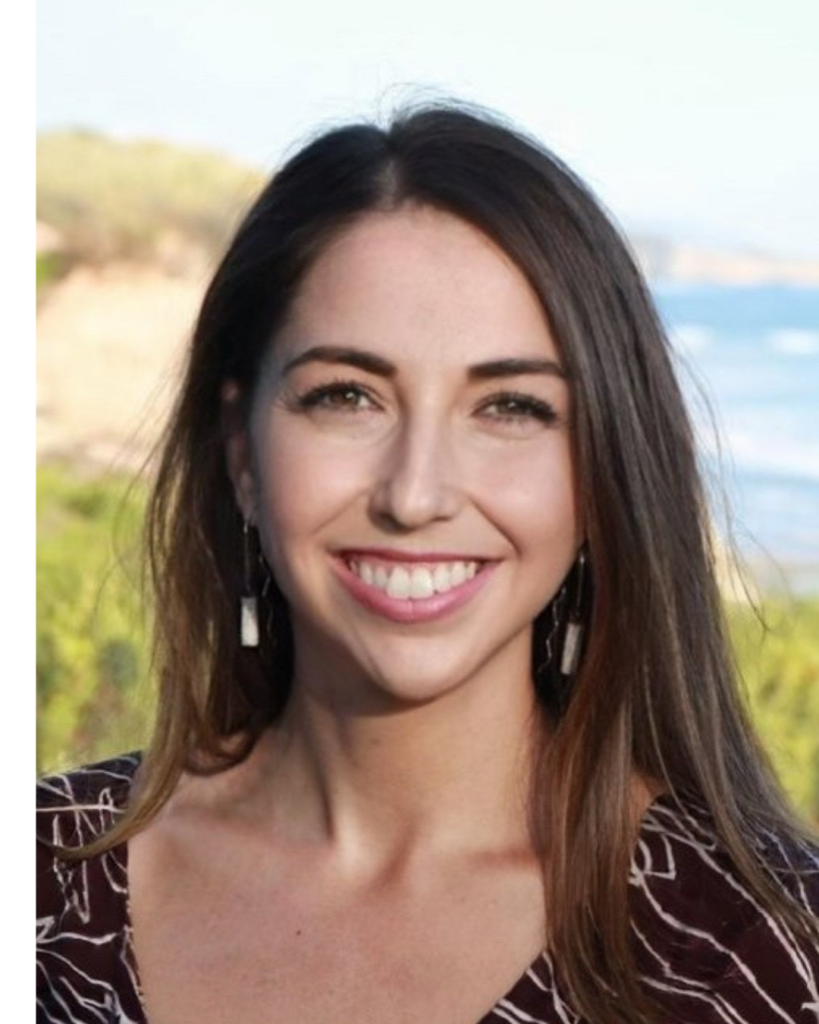Biologists Uncover Natural Solution for Sustainable Seafood and Healthier Oceans

Irvine, Calif., August 2, 2024 — In a study published in the journal Nature Sustainability, researchers from all over the world, led by Assistant Professor Joleah Lamb of the UC Irvine Charlie Dunlop School of Biological Sciences, have unveiled a remarkable natural solution to a pressing global challenge. Their research demonstrates that coastal urban seagrass ecosystems can significantly reduce human bacterial pathogens, including those with widespread antibiotic resistance, in marine bivalves — a vital food source poised to support over half of global seafood production and consumption.
The study sheds light on the dual role of seagrass meadows. Not only do they serve as crucial habitats for marine life and contribute to biodiversity, but they also act as natural filtration systems, reducing bacterial pathogens in the surrounding waters. This is a significant finding given the current economic burden of human infectious diseases in marine environments, estimated at $12 billion annually. Furthermore, the looming threat of antimicrobial resistance, projected to cause over 300 million deaths and cost the global economy $100 trillion, underscores the urgency of such natural interventions.
In a comprehensive field study conducted in collaboration with the Washington Department of Fisheries and Wildlife and Washington Department of Natural Resources, mussels were deployed across 20 urban coastal locations with varying seagrass presence. The results were compelling: locations with seagrass showed a 65% reduction in bacterial pathogens in the mussels compared to those without seagrass. This suggests that seagrass ecosystems could play a vital role in ensuring safer seafood and enhancing public health.
Professor Lamb emphasized the broader implications of their findings. “Our manuscript presents the first evidence that coastal urban seagrass ecosystems can reduce human bacterial pathogens, several with known widespread antibiotic resistance, in a food source that has the potential to support over half of global seafood production and consumption,” Lamb stated. “This new study indicates that seagrass ecosystems have an even more significant potential to confer added public health benefits and economic savings.”
The potential applications of this research are vast. As global food demand accelerates, securing safe and sustainable seafood sources becomes increasingly critical. Seagrass meadows, which are already recognized for their high-value services such as nutrient cycling, carbon sequestration and shoreline protection, now present an added layer of public health benefits. The study’s model estimates that 1.1 billion people currently live within 50 kilometers of seagrass ecosystems, highlighting the immediate opportunity to integrate these natural infrastructures into urban planning and conservation strategies.
This research aligns with numerous global sustainability initiatives, including the UN Decade of Ocean Science for Sustainable Development and the UN Decade on Ecosystem Restoration. It provides timely evidence to inform policies and commitments aimed at reversing the decline of seagrass ecosystems, which are disappearing at an alarming rate of 7% per year.
Professor Lamb calls for a concerted effort from policymakers, urban planners and conservationists to recognize and harness the benefits of seagrass ecosystems. “As ecosystems continue to decline globally, there is an urgent need to invest in environmental conservation and assess the value of ecosystem services,” she noted. “By doing so, we can make significant strides in addressing the biodiversity and climate crises while simultaneously improving human health and food security.”
The study’s implications extend beyond immediate public health benefits, offering a blueprint for sustainable urban development that leverages natural solutions to address global challenges. The researchers encourage further exploration and support for initiatives that protect and restore these vital ecosystems, ensuring a healthier and more resilient future for all.
This research was conducted with additional collaborations with Cornell University, University of Washington, Spanish National Research Council, and Royal Netherlands Institute for Sea Research. This study was supported by the Sea Doc Society, a program of the Karen C. Drayer Wildlife Health Center at the School of Veterinary Medicine at the University of California, Davis; the University of California, Irvine; and The Nature Conservancy.
To learn more about Professor Lamb’s Healthy Oceans for People Laboratory (HOPE LAB), please visit https://oceanhealth.bio/
About the University of California, Irvine Charlie Dunlop School of Biological Sciences:
Recognized for its pioneering research and academic excellence, the Charlie Dunlop School of Biological Sciences plays a crucial role in the university’s status among the nation’s top 10 public universities, as ranked by U.S. News & World Report. It offers a broad spectrum of degree programs in the biological sciences, fostering innovation and preparing students for leadership in research, education, medicine and industry. Nestled in a globally acclaimed and economically vibrant community, the school contributes to the university’s impact as Orange County’s largest employer and a significant economic contributor. Through its commitment to exploring life’s complexities, the Dunlop School embodies the UCI legacy of innovation and societal impact. For more on the Charlie Dunlop School of Biological Sciences, visit https://www.bio.uci.edu/.

5120 Natural Sciences II
Irvine, CA 92697

